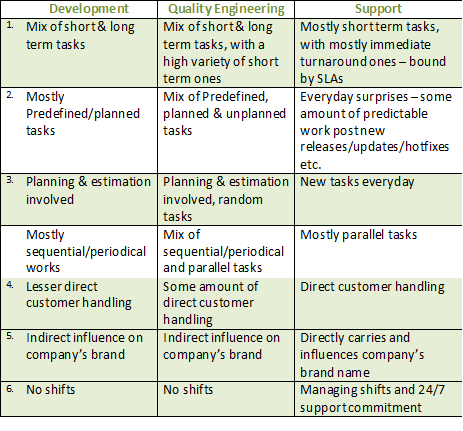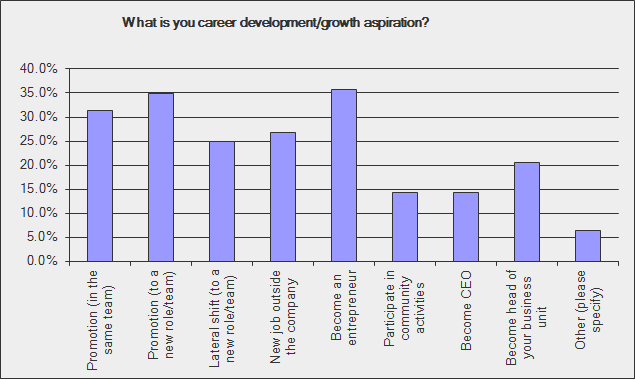This is the time of the year when new campus graduate join their first organization to start their career. And like everyone else, these first time employees want to be successful in their careers. If you are a reporting manager, how can you set them up for success?
In my recent blog on Law of Hiring, I wrote about how a new hire changes the average performance of the team. Now that a new person is joining, how can this be used as an opportunity to bring about a positive change in the team?
Here is my list of top 10 areas to cover for new hires as a reporting manager –
1. Product Related – Ask them to learn about the product they will be working on as an end user. If they don’t know how users are going to use their product, they have already failed. Ask them to install the product and write their first application. This should happen during the first week of joining.
2. Technology/domain related – Ask them to learn the technology required for the role, and related spectrum around it. Typically, this is a longer process and also related to on-job training. But having a plan around areas to learn is a great start.
3. Company related – Provide a quick understanding of company and its overall direction and strategy. If you can’t, your new hire is in a wrong team.
4. Business & customer related – Who are typical customers of your product. Why do they use the product to solve what kind of issues? What is the future roadmap or vision of the product? Depending upon the role, some amount of information around business should also be covered like pricing and how the product is sold.
5. Process related – There are several processes that a team follows. While most processes are understood once someone uses them, it is most important to talk about best practices to follow and bad practices to avoid. This is your opportunity to improve processes and set expectations before new hires pick bad practices by observing others. For example, for a development team, it can be about doing proper source code review , or doing appropriate amount of unit testing before checkin.
6. Soft skills for high impact – These qualities are subtle but many new hires and managers miss to develop them right from the beginning. Self-driven, low management overhead qualities and communication skills are desirable. New hires should discuss with managers and pick top 3 else the list is too long.
7. Time management – Yes, it should start from day 1. Managing office time, not indulging in time-wasting activities, managing web browsing and Facebook time are important. It is very difficult to achieve peak performance without proper time management. Add ability to prioritize work to that list. You must share your experience and expectations with new hires.
8. Innovation – Many companies and teams desire to build a culture of innovation. They are struggling. This is an area of big opportunity for both new hires and managers. There are several models and processes available, you help setup one for your new hires. This is a good long term investment for both.
9. Culture & Values – My simple ask is around hallway or water-cooler discussion. What topics helps to build positive impression? Explain new hires how to use the informal discussion time to generate new ideas, initiate interesting professional discussion and build relationships. These informal conversations define the culture of your team.
10. Plan for first 4 weeks to make an impression – All of the above should be part of new hires first 4-week plan. This is the time when everyone is forming an impression about the new hire and he/she should drive this plan – it is a matter of his/her career and success.






